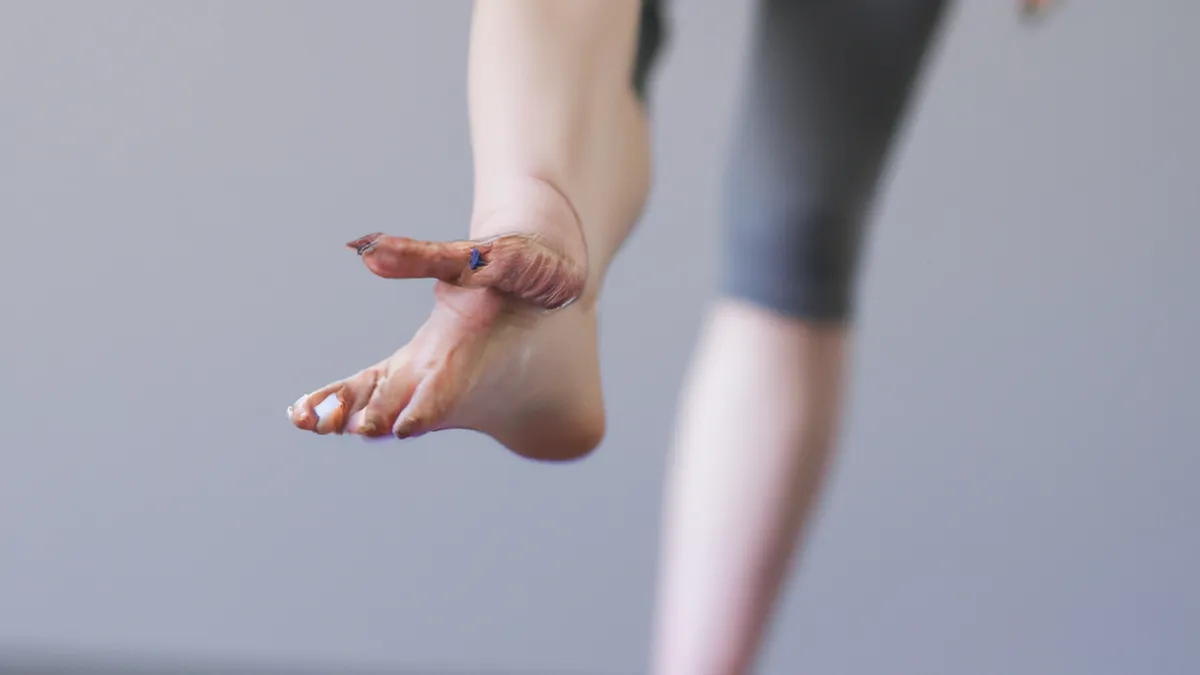Integrate Yoga to Prevent Injuries
Yoga for Bootcamp Participants: Enhance Your TrainingBootcamp workouts challenge your physical and mental limits. These intense sessions build strength, endurance, and agility. However, they can also cause tight muscles, fatigue, and injuries if you neglect recovery. Incorporating yoga into your routine can boost your bootcamp performance, aid recovery, and enhance mental clarity. This guide explores the benefits of yoga for bootcamp participants, offers practical tips for integration, and shows how to maximize its advantages.
Why Yoga Matters for Bootcamp Participants
Bootcamp training combines strength training, cardio, and high-intensity interval training (HIIT). This variety targets multiple muscle groups but can also cause tightness and imbalances. Here’s how yoga helps:
1. **Flexibility**
Flexibility boosts performance in bootcamp workouts. Tight muscles restrict your range of motion, hindering exercise execution. Yoga emphasizes stretching and lengthening muscles, improving flexibility over time. Greater flexibility enhances your form in squats, lunges, and overhead presses, leading to more effective workouts.
2. **Recovery**
Yoga supports recovery by increasing blood flow to muscles, aiding healing. It also activates the parasympathetic nervous system, reducing stress hormones like cortisol. This is especially beneficial after intense workouts. Yoga alleviates soreness and stiffness, allowing quicker recovery for your next session.
3. **Mental Focus**
Yoga emphasizes mindfulness and breath control, enhancing your focus during bootcamp workouts. Practicing mindfulness in yoga helps you concentrate and stay present. This clarity allows you to push through challenging exercises more effectively.
Tips for Incorporating Yoga into Your Routine
As an Amazon Associate I earn from qualifying purchases.
Gear tip: consider yoga mat, yoga blocks, and yoga bolster to support this topic.
Integrating yoga into your bootcamp training is simple. Here are practical tips to help you start:
1. **Start with Short Sessions**
If you’re new to yoga, it may feel overwhelming. Begin with 15 to 20-minute sessions, two to three times a week. This approach helps your body adjust gradually. As you gain comfort, increase the duration to 30 or 45 minutes. Consistency is key for developing a manageable practice.
2. **Choose the Right Style**
Different yoga styles provide unique benefits. Beginners often find Hatha yoga a suitable starting point, focusing on foundational poses and breathwork. As you gain confidence, explore Vinyasa or Power yoga for a more dynamic experience. Select a style that aligns with your fitness level and goals.
Conclusion
Incorporating yoga into your bootcamp training enhances flexibility, recovery, and mental focus. Establish a consistent practice to maximize these benefits and improve your overall performance.
Below are related products based on this post:
FAQ
Why should bootcamp participants incorporate yoga into their training?
Incorporating yoga into bootcamp training enhances flexibility, supports recovery, and improves mental focus. Yoga helps alleviate tightness and imbalances caused by intense workouts, allowing for better performance. Additionally, it aids in quicker recovery and promotes mindfulness, which can enhance concentration during workouts.
How does yoga improve flexibility for bootcamp workouts?
Yoga emphasizes stretching and lengthening muscles, which improves flexibility over time. Greater flexibility enhances your range of motion, allowing for better form in exercises like squats and lunges. This improved form leads to more effective workouts and reduces the risk of injury.
What are some tips for beginners starting yoga alongside bootcamp training?
Beginners should start with short yoga sessions lasting 15 to 20 minutes, two to three times a week. This gradual approach helps the body adjust to new movements and builds comfort. As confidence grows, participants can increase the duration and explore different yoga styles that match their fitness levels and goals.















Post Comment